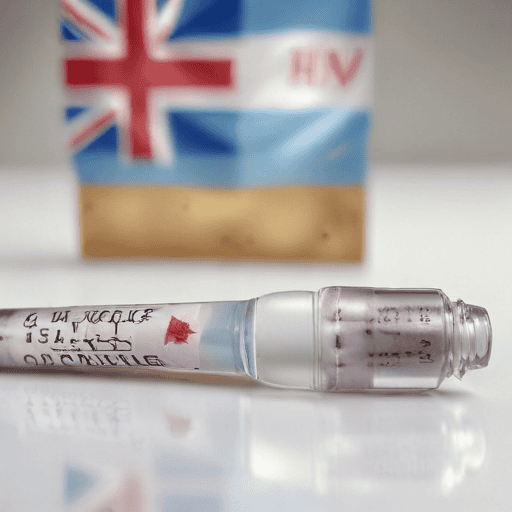Immunization efforts across the Pacific have shown progress, yet a significant number of countries in the region are still struggling to reach adequate coverage for the Human Papilloma Virus (HPV) vaccine. According to Jonathan Veitch, the United Nations Children’s Fund (UNICEF) Pacific Representative, over half of the Pacific nations have not surpassed the 50 percent mark for HPV vaccination, which is crucial for combating cervical cancer.
Speaking at the 13th Pacific Immunization Managers Meeting held at Shangri-La Yanuca Island, Mr. Veitch emphasized the importance of the HPV vaccine, which plays a vital role in preventing cervical cancer. In Fiji alone, cervical cancer affects approximately 136 women annually, resulting in 92 fatalities each year. A recent study conducted among 12,074 women in Suva indicated that 30.5 percent of participants were diagnosed with cervical cancer, underscoring the urgent need for better vaccination rates.
While certain countries like Niue, Tuvalu, and Samoa are making notable progress in their HPV vaccination initiatives, the majority of the Pacific Island nations continue to face significant hurdles in implementing this essential vaccine. Currently, a greater number of countries fall below the 50 percent coverage benchmark, while others achieve coverage rates ranging from 50 to 69 percent, as reported in the World Health Organization and UNICEF’s 2023 estimates.
The disparities in immunization rates are part of a broader issue, with vaccine hesitancy, misinformation, logistical challenges, and overwhelmed health systems hindering progress. Mr. Veitch urged stakeholders to persist in promoting immunization so that all children in the Pacific can gain access to these life-saving vaccines.
In light of environmental challenges, such as climate change and health crises, Mr. Veitch called for ongoing collaboration to enhance vaccine coverage and improve health outcomes for children. He expressed hope that through concerted efforts, the region can move closer to eliminating preventable maternal and child deaths.
This call to action serves as a reminder of the importance of vaccination and highlights the potential for positive change through unified efforts. By addressing the barriers to immunization and fostering partnerships, the Pacific can work towards a healthier future.

Leave a comment